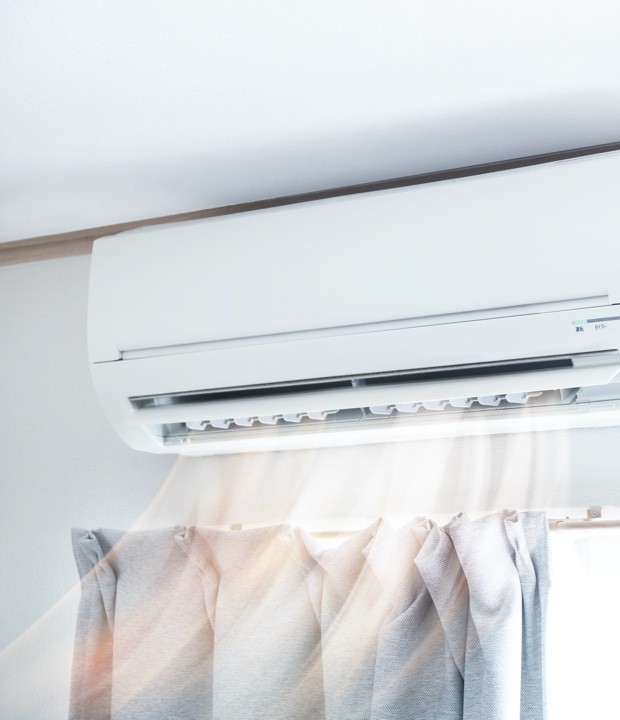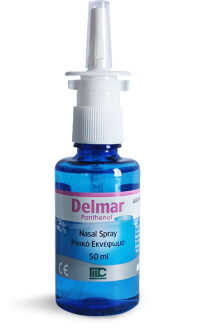Air-conditioned environments
The quality of the air that we breathe and its humidity levels affect our body’s ability to be protected against disease.
Adults breathe approximately 22,000 times a day. The air we breathe is affecting the condition of our sinuses, by increasing or decreasing moisture in our nostrils. The healthiest humidity levels for the sinuses are between 30%-50%. In the case of dry sinuses, there is a 50% higher possibility to attract germs than in the case of moist sinuses.
Breathing dry air due to indoor air conditioning may irritate our sinuses. Air conditioning, apart from drying the nose, can also carry dust or airborne particles which when inhaled can worsen the condition. This may be prevented with the frequent change of the filters that trap these harmful substances.





